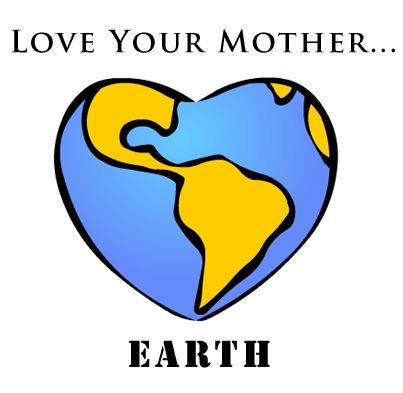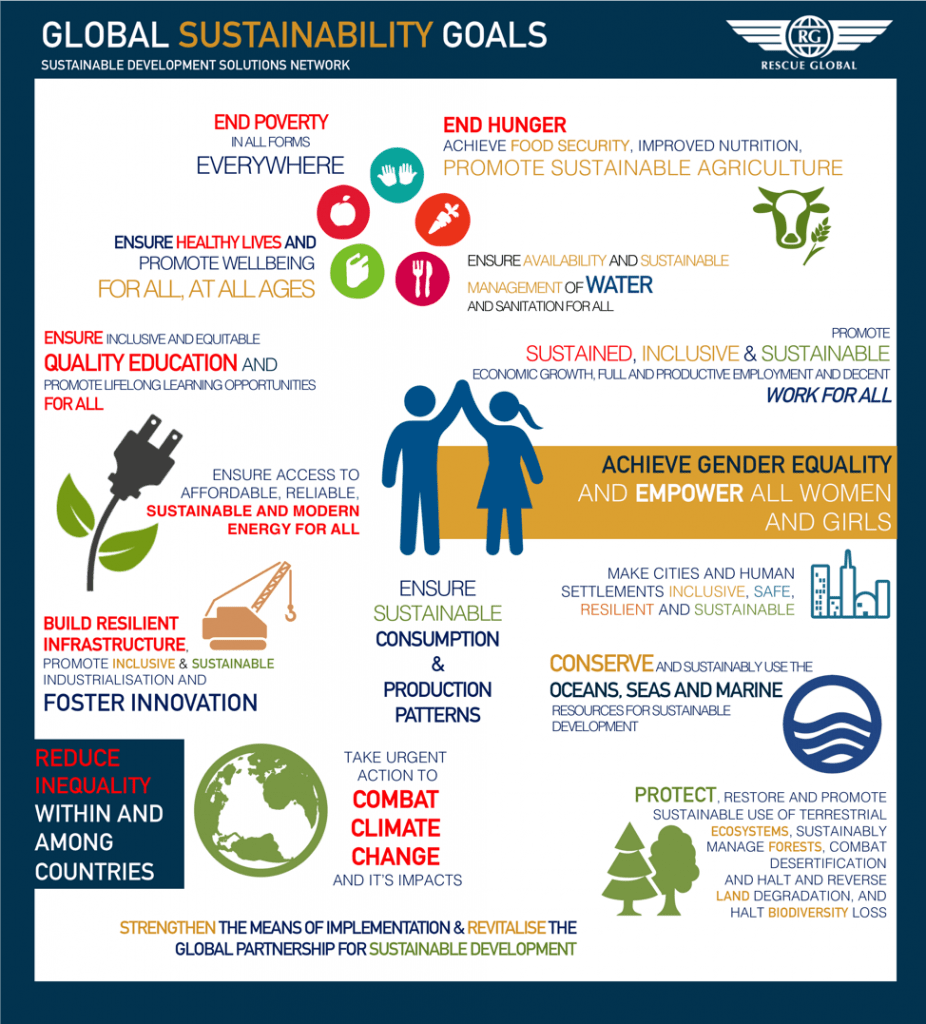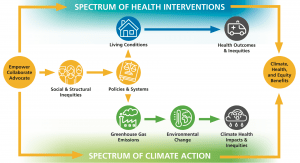After looking through the contemplative practices posts from last week I came across Arisbeth’s take on exotic foods in Exotic… and I’m not talking about Joe.
While I also did not understand the purpose of contemplative practices like Arisbeth, the more I did during class, the more I recognized that these really do demonstrate the ongoing issues that occur in the agricultural industry today.
Her post really sheds light on the exotic foods practice and international trade, explaining how easy and simple it is for us in a developed country to obtain such foreign goods. Personally, I myself did not truly acknowledge the seriousness involved within the process. However doing this provided an insight that most exotic foods comes from suffering, which many people have to undergo in order for people like me to enjoy them.
Tying back to chocolate, where the main ingredient is cocoa beans, that alone is one of many exotic foods that are provided to us. This singular good contains suffrage and oppression for many. In one of the videos we watched, BBC News showed that the cocoa farms in the Ivory Coast still uses child labor. Child labor has been a recurring issue and takes place in many countries. It informs viewers the hardships these kids have to go through, whether its not receiving wages at all, not being allowed to play, facing injuries with no first aid kit; all demonstrate that these are things that children should not have to experience at a young age.
Overall, the contemplative practices such as the exotic foods practice illuminates the great issues many face in order for us to obtain these goods with such ease and explains the importance for everyone especially in developed countries to become aware of these situations and hopefully act on it.














